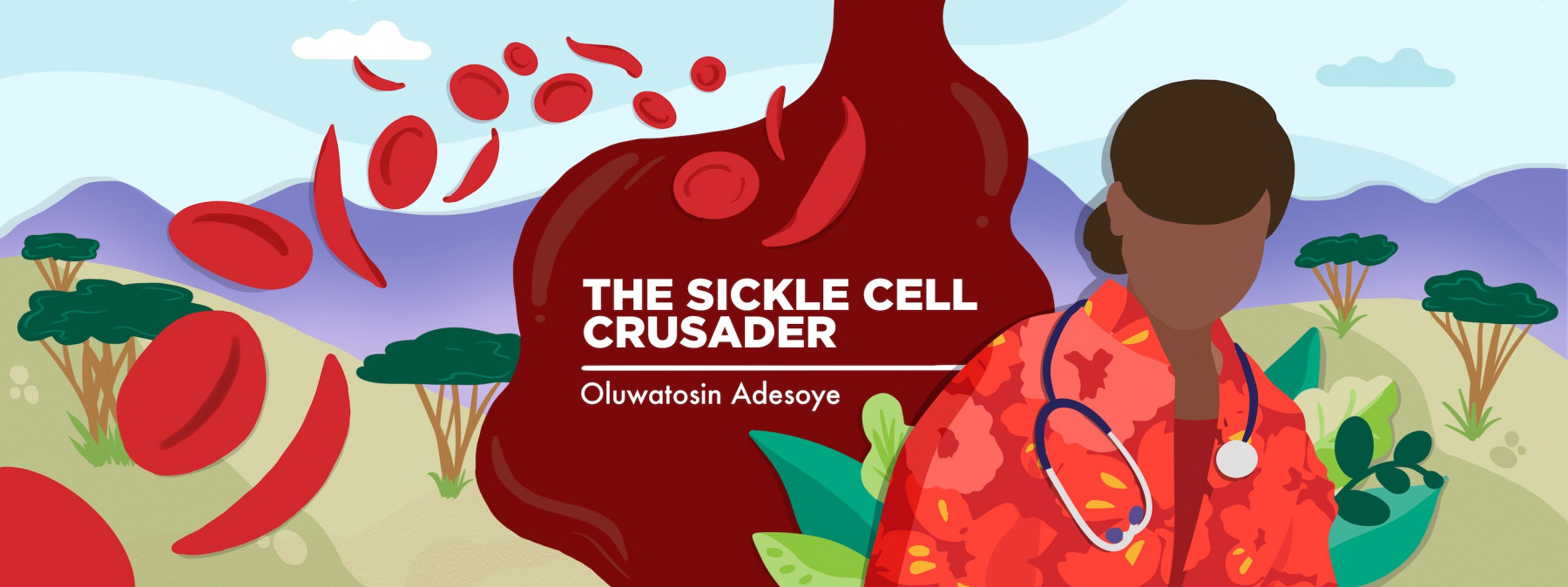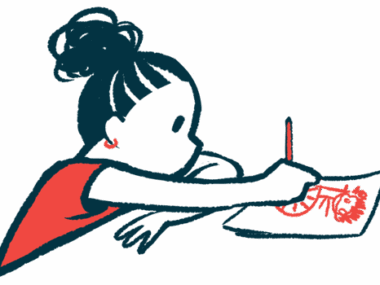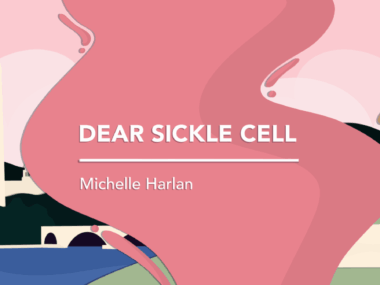Why we need to stop comparing and judging sickle cell warriors
No two sickle cell patients are alike, columnist Oluwatosin Adesoye cautions
Written by |

“I have another patient with sickle cell disease, but she’s not affected as severely as you. What’s wrong with you?”
“This person has your same genotype. Why isn’t she experiencing the same sickle cell complications as you are?”
“I know a sickle cell warrior who can do this hard work, unlike you. Is it because you’re lazy, or did your parents overindulge you?”
I’ve heard statements like these from friends, fellow healthcare professionals, and sometimes family. Many people have judged me and compared me with other sickle cell patients due to a lack of understanding about the disease.
My health is incredibly fragile. Even minor stress or physical exertion will quickly trigger a sickle cell crisis for me, so I avoid unnecessary stress as much as possible.
As a student, I only cooked a few times because I needed to preserve my strength to cope with the demands of medical school. Sometimes I chose to photocopy class notes instead of writing them, as writing for too long causes me to experience a painful sickle cell crisis. I preferred to spend my time reading a photocopied note rather than wailing because of hand pain. Not everyone understood, and some saw me as lazy. The severe bone complications I faced in college also prompted many questions and comparisons.
Initially, these comparisons broke me. I wondered if all my health complications were my fault. This caused me emotional pain, which in turn worsened my health.
Over time, I’ve developed a thick skin and learned to cherish my happiness and avoid negativity. I’ve kept my distance from people who made hurtful comments and stayed away from healthcare professionals who were ignorant and judgmental about my condition.
Once I understood why sickle cell disease affects people differently, I chose to educate patients, caregivers, and healthcare professionals so that other warriors may be treated better and avoid the same predicament I experienced.
More understanding, less judgment
Sickle cell disease is a genetic, multisystem disorder that affects red blood cells. It’s often characterized by anemia, acute and chronic pain, progressive organ damage, and, possibly, a shortened life span, though its presentation can vary widely.
Some people with sickle cell disease are asymptomatic, only realizing they have it by chance. Some sickle cell warriors can do tedious sports without being affected, while others experience a sickle cell crisis after walking a short distance. Some have few or no severe issues; in contrast, others are hit with numerous life-threatening complications. Some sickle cell warriors don’t make it out of childhood, while others live into old age.
Severity modifiers are what determine the severity of a person’s condition. Some are controllable, but others are not. These modifiers include types of sickle cell disease, fetal hemoglobin levels, genomic polymorphisms and genetic mutations, comorbidities such as G6PD deficiency and alpha thalassemia, choice of treatment, quality of healthcare, socioeconomic status, geographic location, and so on.
Due to these factors and more, no two sickle cell warriors are entirely the same. Despite some similarities, there will always be differences. This could include our triggers, symptoms, complications, and the frequency of our crises.
Therefore, we need to stop comparing sickle cell warriors, even if they have a similar genotype. We can’t expect one person’s disease severity to be the same as another’s.
Additionally, please don’t judge or stigmatize people with sickle cell, as this can affect our psychological well-being and cause our physical health to deteriorate. For example, don’t call a colleague lazy because you’ve worked with another sickle cell warrior who didn’t tire as quickly. We aren’t lazy or malingering; some of us are just affected more severely. Everyone’s pain and challenges are valid.
For healthcare professionals, sickle cell disease should be more than a chapter in a hematology textbook. It’s so complex that it should be a specialty, not a subspecialty. To understand and properly manage sickle cell patients, we as providers should be intentional about learning more about the disease.
Instead of being judgmental, let’s educate ourselves and treat warriors better.
I’m still Dr. Tee, the “Sickle Cell Crusader!”
Note: Sickle Cell Disease News is strictly a news and information website about the disease. It does not provide medical advice, diagnosis, or treatment. This content is not intended to be a substitute for professional medical advice, diagnosis, or treatment. Always seek the advice of your physician or other qualified health provider with any questions you may have regarding a medical condition. Never disregard professional medical advice or delay in seeking it because of something you have read on this website. The opinions expressed in this column are not those of Sickle Cell Disease News or its parent company, Bionews, and are intended to spark discussion about issues pertaining to sickle cell disease.







Leave a comment
Fill in the required fields to post. Your email address will not be published.